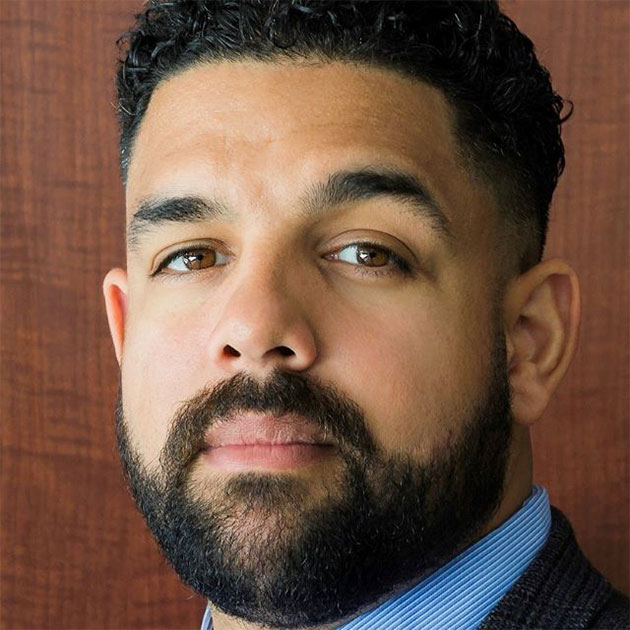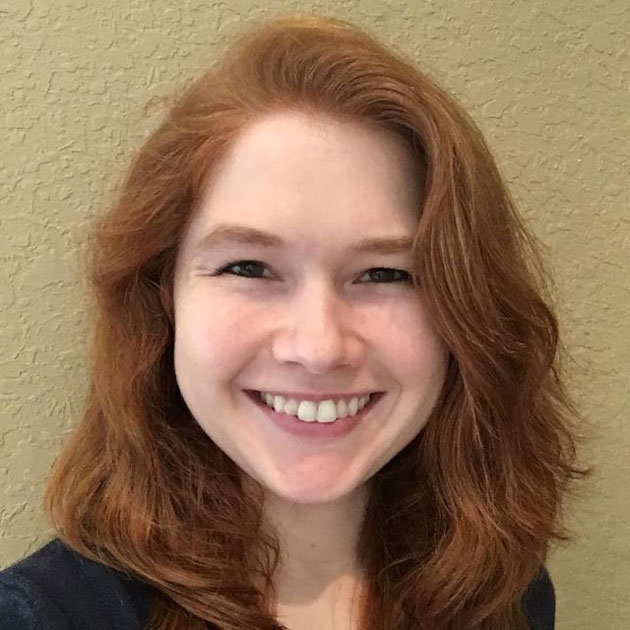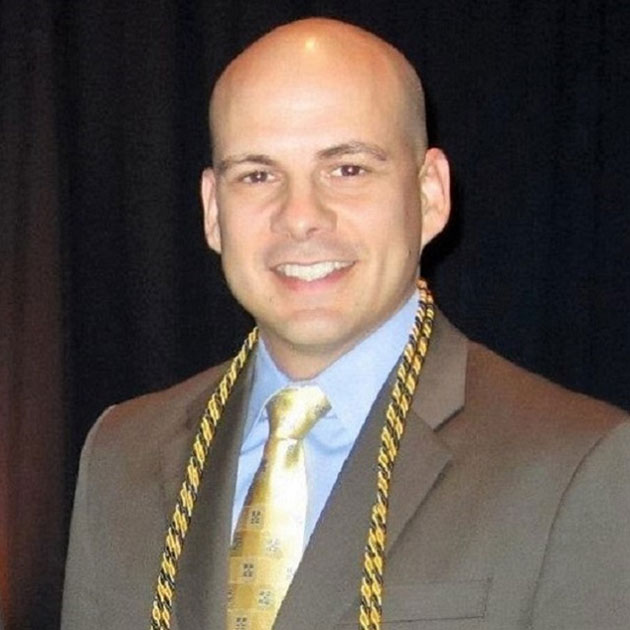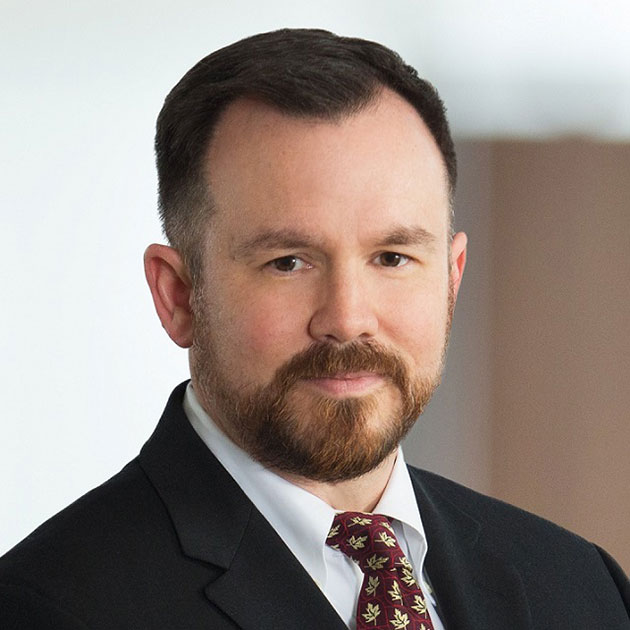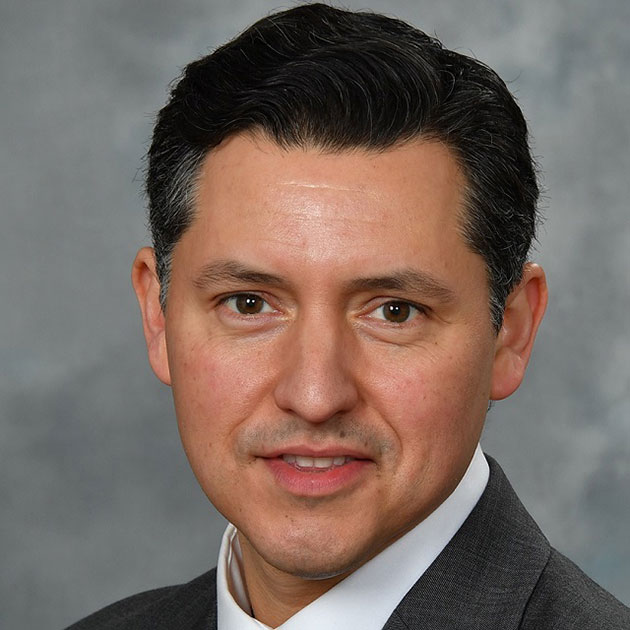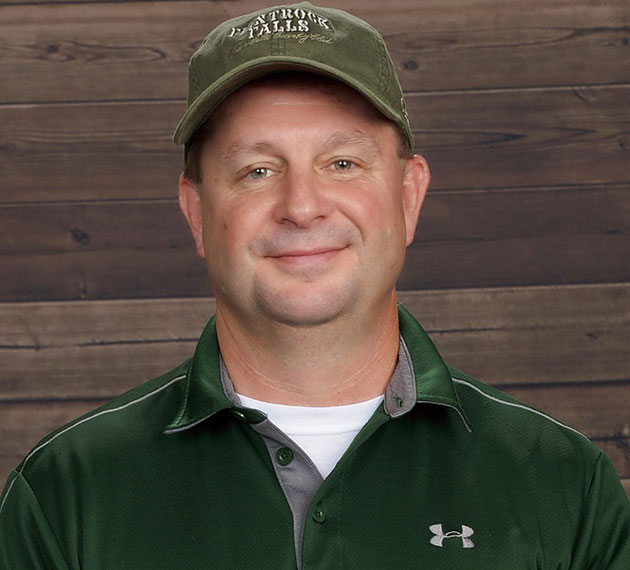
Vice President – Business Development; City National Capital Finance
Ducote, who lives in Austin, works in the equipment finance group for City National Bank, based in Miami. His role covers generating, negotiating and closing commercial equipment finance transactions with commercial and corporate companies in the four-state region of Texas, Louisiana, Oklahoma and Arkansas. He earned his undergraduate degree in Economics from UT Austin.
What do you enjoy most about your position?
The thing that I enjoy the most is all of the different people I meet at different companies. I get to learn how they run their business and how they approach growing their business and how they approach and overcome the challenges in their industry and with their business. Also, to get to know them as individuals and in some cases develop life-lasting friendships.
How do you see your profession changing in the next five or 10 years?
One of the biggest changes to my industry is the changes to the FASB 13 accounting rules for operating leases and how leases are accounted on financial statements. These rules will currently take leases that were off the balance sheet and place that debt back on the balance sheet. The basic principles behind why a company does a lease still hold true. The impact with both equipment and real estate leases being put back on the balance sheet is that it will take companies today viewed as lightly leveraged companies and overnight transform these companies into highly leveraged companies. The leverage profiles will no longer meet the criteria that banks and regulators deem to be creditworthy. It will be interesting to see how regulators adjust their monitoring and qualifications and how banks adjust to these changes. Those factors will really determine how the lending world is shaped over the next five to 10 years.
What characteristics do you look for when hiring people into your workplace?
When hiring, I look for punctuality – this is a big one for me. If someone is continually late, it demonstrates to me that the person being late does not respect my time and sends the message that their time is more valuable than mine. If I am trying to sell something to someone and that person is kind enough to allot me time, you better believe I am going to be on time. I also look for people who are self-motivated. In this industry, there is no time to micro-manage people. Once they know the job and what is expected, I need them to treat their business as if they own it. If they need something, I am happy to help but the drive of setting up meetings, building relationships and generating business needs to come from them. I also look for likeability and professionalism, someone who is relationship oriented, and a person who is articulate/great communicator.
Why did you come to UT Dallas?
I came to UT Dallas because of its reputation, affordability and the evening classes. Those classes allowed me to work during the day and work on my degree at night. Also, a lot of employers will reimburse you if you worked on your advanced degree at UT Dallas.
What is your favorite UT Dallas memory?
My favorite memory of UT Dallas is probably not typical. On Thursday evenings, after my last class for the week, a few of us from the MBA program would meet at Bill Bates Cowboy Bar (formerly at Frankford and Preston roads). We would blow off some steam from the week. During these outings, we discussed our classes, our jobs, all kinds of current topics, what we wanted to do after graduation. It was an informal brain-storming session. Additionally, in the course of building relationships, I made some lifelong friends from these outings.
Has something about your UT Dallas education surprised you since graduating?
The things that have surprised me the most since graduating from UT Dallas are how many people have graduated from UT Dallas and the wide array of jobs they hold. It’s amazing the overall impact my degree has had on my career. I knew it would have an impact but could not imagine that it would have this much. It got me to think of things in a lot of different ways that I would not have thought of prior to getting my degree.
What advice do you have for college students hoping to succeed professionally?
Always network and make friends and even though it is hard to stay in touch, do it as much as possible. In the tech world we live in today, one of the hardest things for employers to find are people who are not afraid to go out and call on companies and meet people they do not know. The best jobs I have ever had have come from people I know and who I have kept in my network.
What makes an effective leader?
What makes an effective leader is what I call a servant leader. An effective leader helps his/her employees be as successful as possible by giving those employees the tools, support and other things they need to be successful. If employees are successful, they will make the leader successful. Effective leaders also must lead by example and surround themselves with the best people possible. Effective leaders need people who will challenge them and how they do things and not just say yes.
What do you enjoy doing in your free time?
In my free time I like to play golf, go hunting and fishing and travel with my family.

